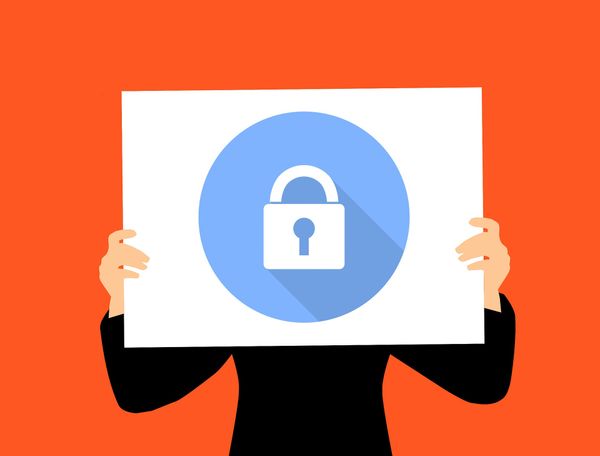The Netherlands: Nearly 2.5 million victims of cyberattacks. The aftermath for your personal data

Cybercrime is no longer something that just happens to "other people" – it's now commonplace.
In 2021, nearly 2.5 million people in the Netherlands aged 15 or older (17 percent of the population) said they had fallen victim to cybercrime, according to a Statistics Netherlands (CBS) report based on the Safety Monitor 2021.
Ten percent - over 1.5 million people - fell victim to online scams and fraud. Most cases concerned purchase fraud (7%), i.e. goods or services they paid for online were never delivered. Another 7% percent were victims of hacking, in most cases into an account.
Over 100,000 people ended up losing money because of phishing. Almost 1 in 5 victims of online crime say they suffer emotionally or psychologically due to their experience.
Have you suffered a cyberattack? Here's what to do next:
1. Check your digital footprint
To prevent future incidents, start by finding out where your personal data ended up and whether it can be used again to harm you in the future. For example, is your leaked password on the internet? Are your credit card details for sale on the Dark Web?
The simplest way to find out is to get Bitdefender Identity Protection to do it for you.
It only needs your email address and phone number to crawl data leaked to see if your information has been exposed. It searches the visible and inaccessible parts of the internet (even the Dark Web), and shows you all the traces you left, intentionally or by being a victim of a data breach or cyberattack. Your online dashboard also includes recommended steps to take for each account.
2. Update your digital safety plan (or make one)
When you decide it’s time get serious about protecting your digital identity, browsing, and privacy, think of it as adding layers of protection. Each step you take towards securing your online accounts and browsing makes it harder for cybercriminals to get to you.
A basic prevention plan should include, besides a capable antivirus, the following:
For strong passwords: Bitdefender Password Manager
Weak passwords are open doors to your online accounts. You have two options: create strong, unique passwords and memorize them, or use a Password Manager that generates unhackable passwords and stores them for you. In either case, strong passwords and multi–factor authentication form the basis of a safe account.
For secure, anonymous browsing: Bitdefender VPN
Encrypting your traffic adds the extra layer of protection you need when connecting to public WiFi. The best thing about using a VPN is that encrypting and redirecting your traffic keeps your online identity and activities safe from hackers, ISPs and snoops.
To stay on top of breaches from now on - Digital Identity Protection
Digital Identity Protection has a prevention role. As mentioned, it shows you your digital footprint, a "digital dossier" with traces you have left so far. But it also continuously monitors your info and lets you know immediately if your data has been exposed in a breach. You know instantly what happened and you learn what to do next to minimize risks by following easy 1-click action items.
Moreover, you can easily sniff out social media impersonators who may ruin your online reputation and livelihood.
You can get any of these solutions separately (if you have a similar one in action) or as a bundle. Check out our new plan Bitdefender Premium Security Plus, a complete security solution for your devices, digital identity and privacy.
tags
Author
Cristina is a freelance writer and a mother of two living in Denmark. Her 15 years experience in communication includes developing content for tv, online, mobile apps, and a chatbot.
View all postsRight now Top posts
Start Cyber Resilience and Don’t Be an April Fool This Spring and Beyond
April 01, 2024
Spam trends of the week: Cybercrooks phish for QuickBooks, American Express and banking accounts
November 28, 2023
FOLLOW US ON SOCIAL MEDIA
You might also like
Bookmarks








